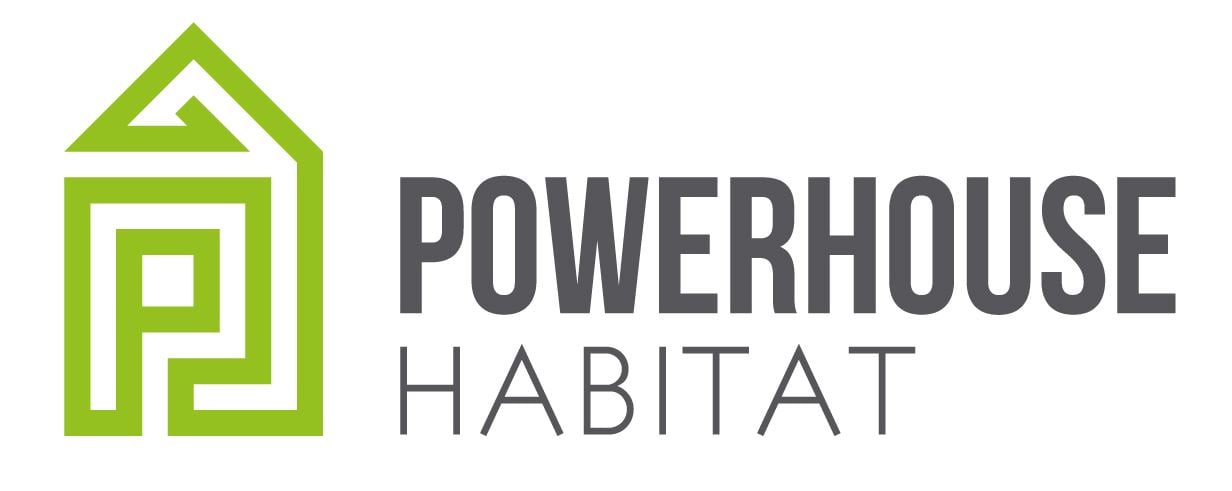
Reforms are taking place in French housing that should present an opportunity to invest in 650,000 rental units worth up to €35bn, and TwentyTwo Real Estate Founder Daniel Rigny says his new Powerhouse Habitat private REIT is poised to benefit.
In a wide-ranging interview with Business Immo Europe at Mipim, Rigny explained the opportunity opened by changes in regulations introduced by President Emmanuel Macron. While these aim mainly at reforming and re-financing social housing, at the same time they could trigger up a huge sale of stock of free-market housing, much of it held for years by state enterprises.
“There are three things that Macron is doing that are affecting the social housing sector right now,” Rigny told BIE. “The first is to decrease the level of subsidies to social housing tenants, and as a consequence ask social housing firms to reduce rents – so it’s putting financial pressure on them. The second is: the government has assessed that the sector is much too fragmented and operating costs are too high, so they are pushing social housing companies to merge.” The aim is to eliminate single firms that own and manage fewer than 25,000 units.
“The objective is to force them to reduce costs and generate economies of scale for their operations,” he says. The idea is to shrink financial resources the state provides to social housing in general, obliging firms to find new ways to finance themselves. “What the government has been starting to work on is to allow social housing companies to sell stock to their tenants,” Rigny says. “And by selling units they will then be able to re-employ these proceeds to for new-build.”
The shifts are highly significant not only for companies and their tenants, but for potentially closing the large supply-demand nationwide housing gap. Residential investors, domestic and foreign, can also participate, having until now regarded France as a no-go in a European private rental sector attracting more and more capital. Selling social housing to sitting tenants was one of the key reforms introduced in Britain in the 1980s by Prime Minister Margaret Thatcher. One consequence was to bring large swathes of the population into middle-class home ownership, benefiting from residential value gains and ultimately also changing the country’s political culture.
“This is a key shift because in France the demography is very strong and that is what distinguishes France from other European markets,” Rigny says. “The birth rate in France is running at about 2 (per couple), while it’s 1.3 in Germany. It means we still need to produce a lot of social housing, and also that companies need to renovate their old stock – so they need financing to do it. What the government is saying therefore is ‘start to sell your housing to tenants and we are going to change the regulations to help you do that so that you generate proceeds by churning your stock.'”
The target for investors such as Powerhouse Habitat, which he originally launched in 2015 with the intention of floating on the stock market – but withdrew from IPO due to tight market conditions – is the component of stock owned by these firms that does not come under the social housing definition. “The social housing sector also owns a substantial amount of non-social housing in the free rental market – or housing that had an intermediary regulated positioning, until the expiry of this regulation period put it back on the free market.”
Rigny re-launched Powerhouse Habitat in January with the backing of two insurers, BNP Paribas’s Cardif, and Société Générale Assurances, and the new firm immediately took over 6,700 housing units leased directly to French electricity giant EDF for its employees. He started TwentyTwo six years earlier after spending four years as a partner with Perella Weinberg Real Estate, and prior to that several years with Deutsche Bank real estate management. With operations in the UK and France, TwentyTwo has invested since its beginnings also in commercial real estate – office, logistics and mixed use – on behalf of both institutional and private clients. Its asset base, around €4.1bn, is managed by the group’s Scaprim subsidiary.
But the opportunity that has unexpectedly opened up in Rigny’s native France is occupying a good deal of his time now. “The size we estimate in the social housing market is about 5m units and we estimate that of this, 13% – in essence intermediary housing – either already is or will come soon onto the free rental market,” he told BIE. “That’s about 650,000 units – which is €30bn to €35bn of assets. Basically that’s our target. What we want to do is to establish a dialogue with the social house companies and buy the housing en bloc which is unregulated… This in turn will provide liquidity so that they can produce, operate and fulfil their primary mission.”
Since the launch of Powerhouse Habitat, the firm has been contacted by some of the larger social housing landlords. But Rigny currently has his eye on one particular portfolio on the market – from French railway group SNCF. “It’s housing for SNCF employees so it’s very similar to our existing portfolio housing EDF employees – but at the same time this is owned through the SNCF’s social housing company,” he says. The firm has about 90,000 regulated and about 8,000 unregulated units, of which they are selling roughly half.
Looking ahead, Rigny says: “Our objective is to acquire €2bn in the next three years. SNCF is a good opportunity and there are others coming, but we would like eventually to grow to €3bn. Why €3bn? Because at that stage we also generate economies of scale – and we have access to capital markets if we want to issue bond financing. This means we can also diversify our source of funding, plus it is important to diversify the portfolio as well from the single EDF exposure… So that’s why we created Powerhouse Habitat, and that’s our focus.”
Copyright Business Immo Europe